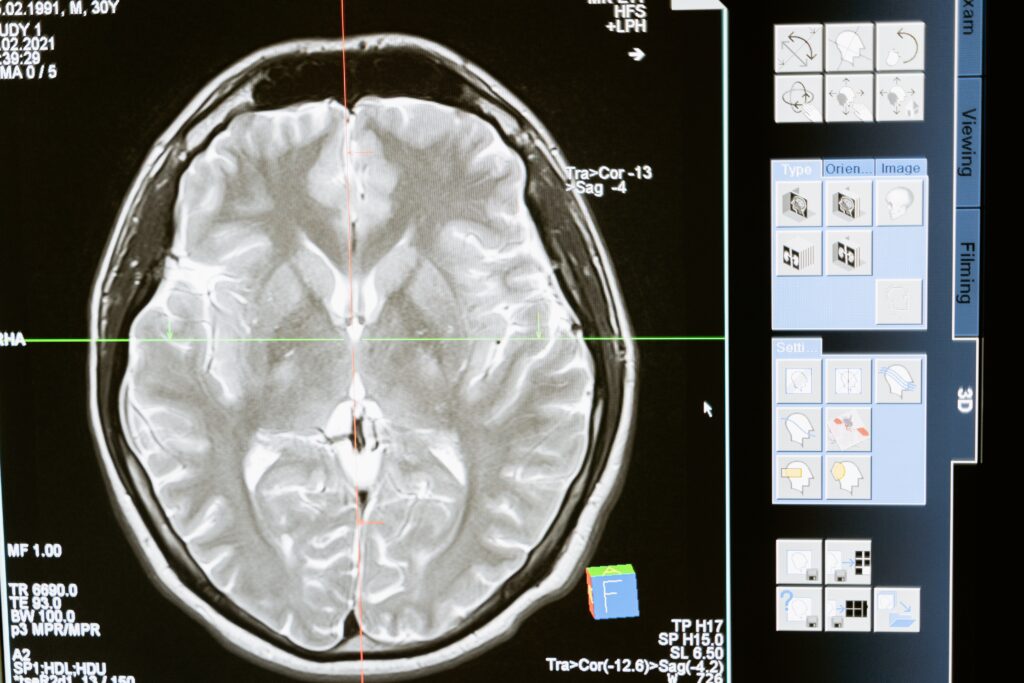An Addictive Personality is a term used to describe a set of personality traits that make an individual more susceptible to developing addictions. This susceptibility can extend beyond substance abuse, encompassing behaviors such as excessive gambling, overworking, or even over-exercising. Understanding the nuances of an addictive personality is crucial, as it allows for early identification and intervention, potentially preventing the onset of harmful addictive behaviors.
Quick Lessons – Addictive Personality:
- An Addictive Personality is a set of traits making an individual more prone to developing addictions. Addiction is described as a brain disease, with substances and certain behaviors triggering the brain’s reward system, leading to a cycle of repeated behavior and potential addiction.
- A combination of biological, social, and developmental factors influences the likelihood of developing an addiction. A person’s personality, shaped by temperament, environment, and character, can contribute to addictive behaviors. Key traits of an addictive personality include impulsive behavior, sensation-seeking, nonconformity, alienation, low self-esteem, and compulsive behavior.
- The article emphasizes the importance of awareness and understanding in managing an addictive personality and preventing addiction. Strategies for managing an addictive personality include seeking professional help, joining support groups, and implementing healthy coping mechanisms for stress. The article concludes by encouraging individuals with addictive personalities to seek help, reinforcing that with the right support and understanding, addiction is not inevitable.
Skip to Addictive Personality FAQs
The Biology of Addiction
Addiction is not a mere lack of willpower or moral failing; it is, in fact, a disease of the brain. When an individual engages in an activity or consumes a substance that triggers the brain’s reward system, a positive emotion is associated with that action. Over time, this can lead to a cycle of repeated behavior, eventually culminating in addiction.
Substances like alcohol, cocaine, opioids, and even certain behaviors like gambling, can overstimulate the brain’s reward system. This overstimulation can change the brain’s chemistry and communication patterns, altering how neurons send and receive messages.
Factors Influencing Addiction
A combination of biological, social, and developmental factors influences the likelihood of developing an addiction.
- Biology: Our genetic makeup and environmental influences account for about 50% of our predisposition to addiction. Certain demographic factors such as gender, ethnicity, and the presence of mental disorders can also increase the risk of addiction.
- Social Environment: Our surroundings and the people we interact with can significantly influence our likelihood of developing an addiction. Factors such as peer pressure, quality of parenting, exposure to physical or sexual abuse, and socioeconomic status can all play a role.
- Developmental Stage: The stage of life we’re in can also affect our susceptibility to addiction. For instance, adolescents are more vulnerable to substance abuse due to the ongoing development of brain regions responsible for decision-making, judgment, and self-control.
Understanding these factors is crucial in identifying potential risks and implementing effective prevention strategies.
The Formation of Personalities
A person’s personality is a unique blend of characteristics that define how they interact with the world around them. These characteristics are shaped by three primary components: temperament, environment, and character.
- Temperament refers to the genetically influenced traits that determine how a person learns from and interacts with their environment. These innate traits can influence a person’s susceptibility to addictive behaviors.
- The environment in which a person grows up, including their upbringing and life experiences, also plays a significant role in shaping their personality and, consequently, their propensity towards addictive behaviors.
- Character encompasses the emotional, cognitive, and behavioral patterns a person learns from their experiences. These patterns determine how a person thinks, feels, and behaves and can contribute to developing an addictive personality.
Signs of an Addictive Personality
Identifying an addictive personality involves recognizing traits that increase the likelihood of addiction. These traits include:
- Impulsive behavior: Acting on the spur of the moment without considering the consequences.
- Sensation-seeking: Constantly seeking new and thrilling experiences.
- Nonconformity: A solid desire to deviate from societal norms and expectations.
- Alienation: Feeling isolated or disconnected from society.
- Low self-esteem: Having a negative perception of oneself.
- Compulsive behavior: Engaging in certain behaviors obsessively, even when they cause harm.
It’s important to note that having these traits doesn’t necessarily mean a person has an addiction, but it may indicate a higher risk of developing one.
Prevention and Management of Addiction
Awareness and understanding are crucial for managing an addictive personality and preventing addiction. Recognizing the signs of an addictive personality and understanding the factors contributing to addiction can help individuals take proactive steps to manage their behaviors.
Strategies for managing an addictive personality include seeking professional help, such as therapy or counseling, joining support groups, and implementing healthy coping mechanisms for stress. Regular exercise, a balanced diet, adequate sleep, and mindfulness practices can also play a significant role in managing addictive behaviors.
An example of therapy available for those struggling with an Addictive Personality is Rational Emotive Behavioral Therapy or REBT.
Rational Emotive Behavioral Therapy (REBT) aids individuals with addictive personalities by identifying and challenging irrational beliefs contributing to addictive behaviors. It enhances emotional regulation and problem-solving skills, reducing reliance on substances or behaviors as coping mechanisms. Furthermore, REBT promotes self-acceptance and tolerance for discomfort, which is crucial for resisting the urge to escape through addictive behaviors. Thus, REBT addresses the root causes of addiction and equips individuals with healthier coping strategies.
Addictive Personality FAQs
- What is a highly addictive personality? A highly addictive personality refers to traits significantly increasing a person’s likelihood of developing addictions. These traits include impulsive behavior, sensation-seeking, nonconformity, alienation, low self-esteem, and compulsive behavior.
- What are the major characteristics of addictive behavior? Major characteristics of addictive behavior include an inability to stop the behavior despite adverse consequences, withdrawal symptoms when the behavior is controlled, and a preoccupation with the behavior.
- What are the common symptoms of addiction? Common symptoms of addiction include an increased tolerance for the substance or behavior, withdrawal symptoms, unsuccessful attempts to quit, and continued use despite negative consequences.
Conclusion
Understanding the nature of addictive personalities is crucial for identifying potential risks and implementing effective prevention strategies. Recognizing the signs of an addictive personality and understanding the factors contributing to addiction can help individuals take proactive steps to manage their behaviors and prevent addiction. If you or someone you know exhibits signs of an addictive personality, don’t hesitate to seek help. Remember, having an addictive personality doesn’t mean addiction is inevitable. With the proper support and understanding, leading a healthy and fulfilling life is possible.
If you or someone you know is struggling with addiction, take the next step to recovery right now to locate rehab near you.







